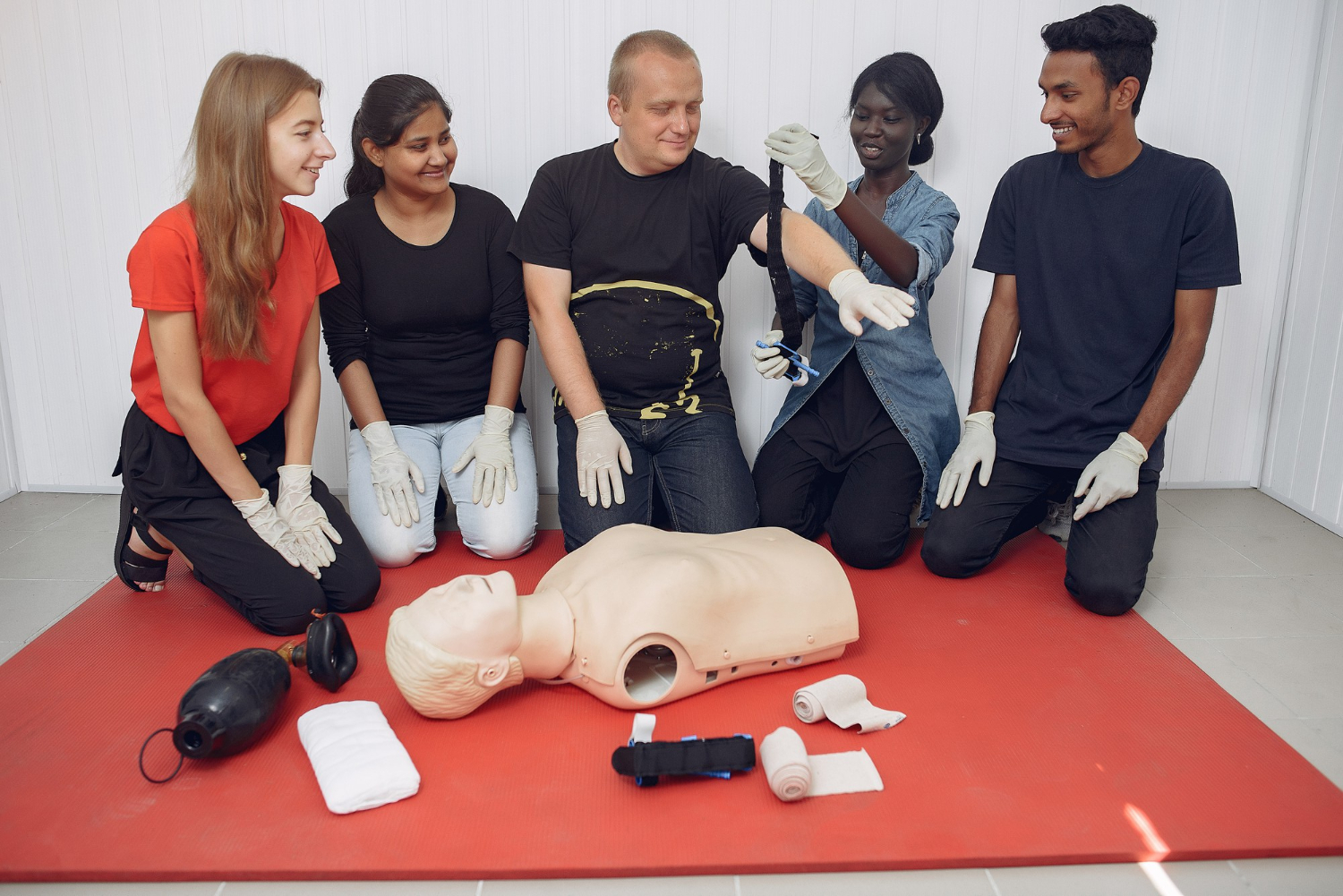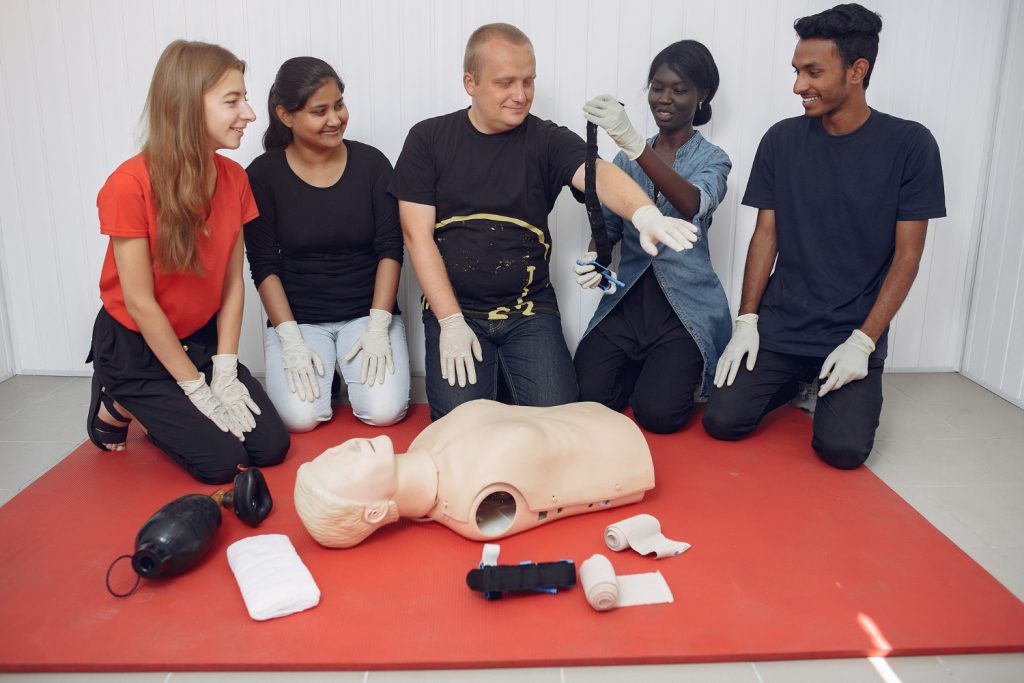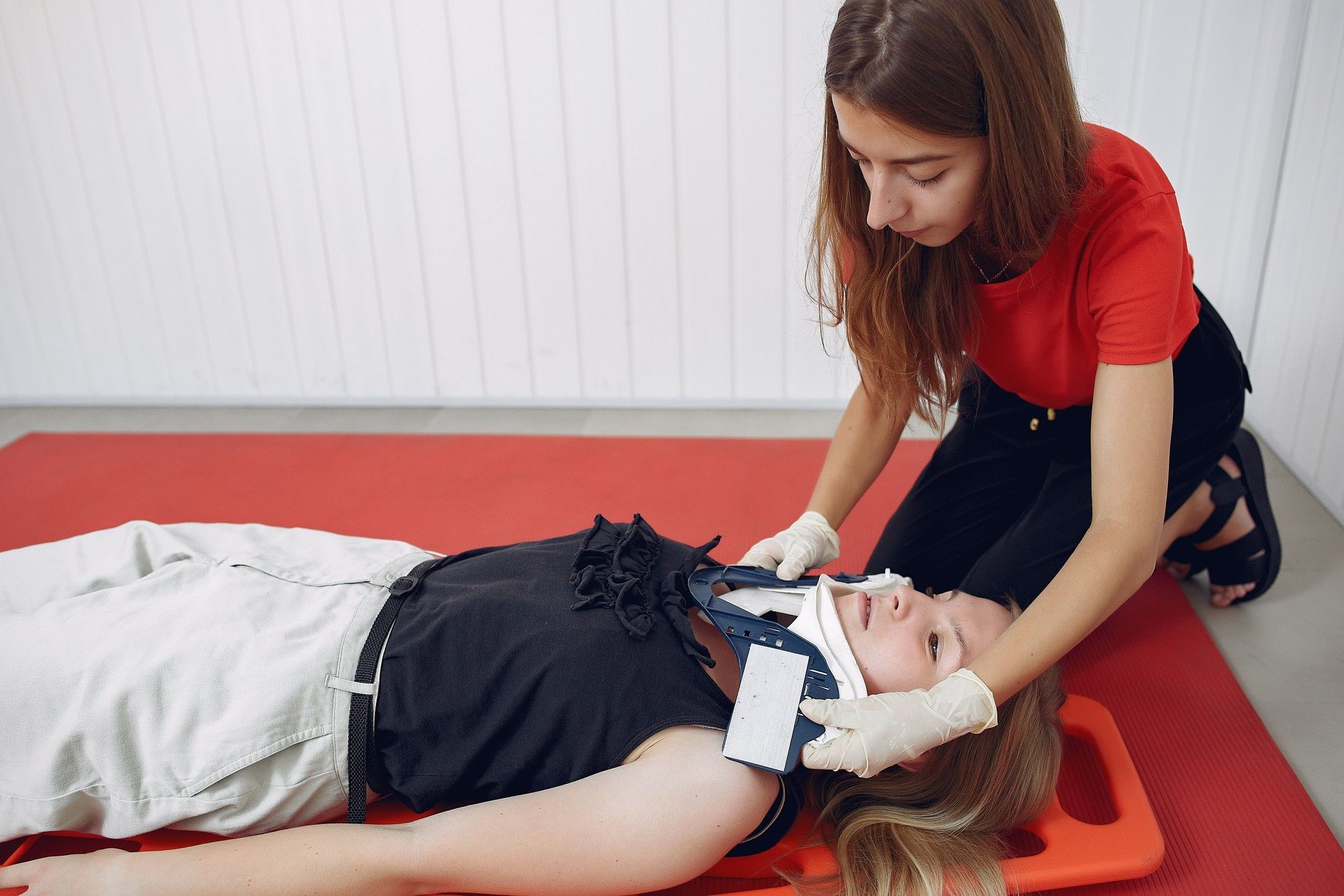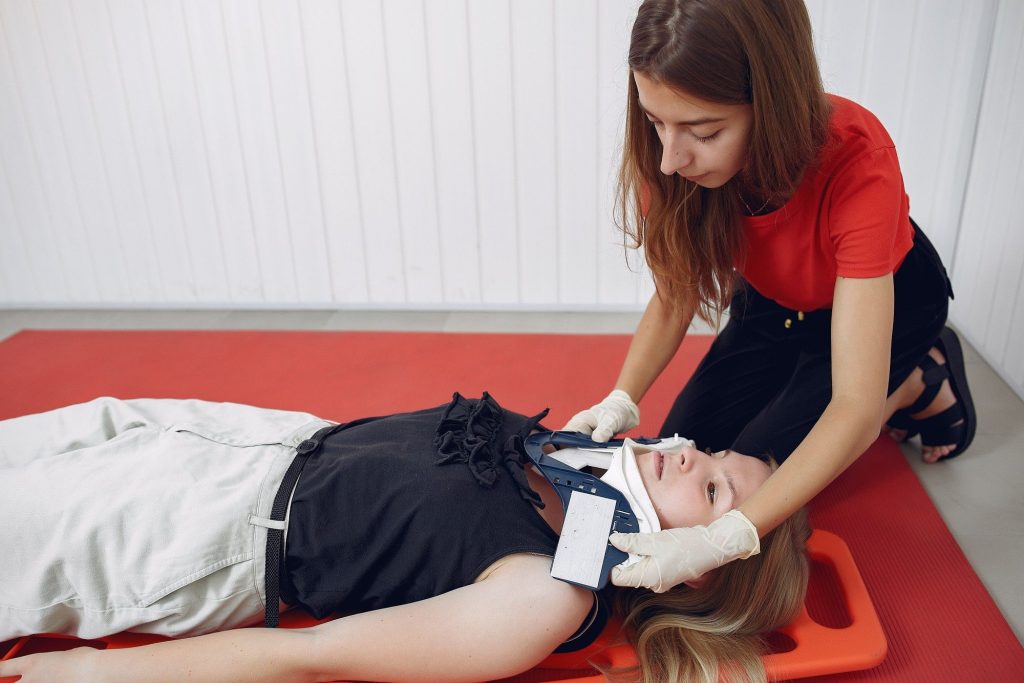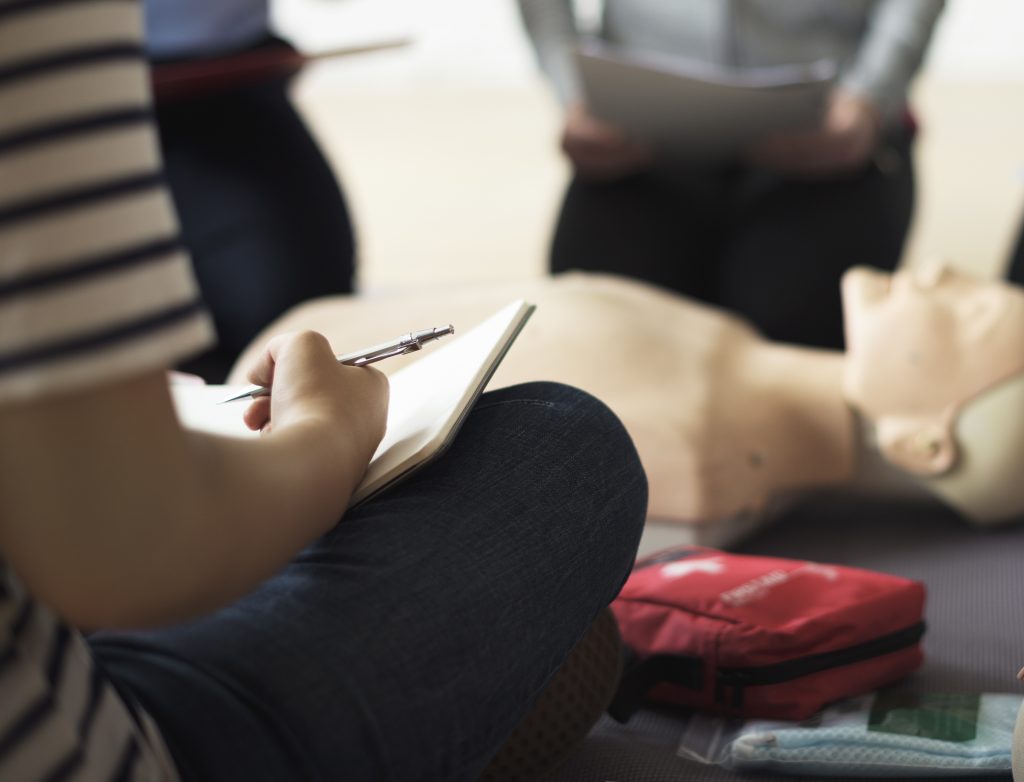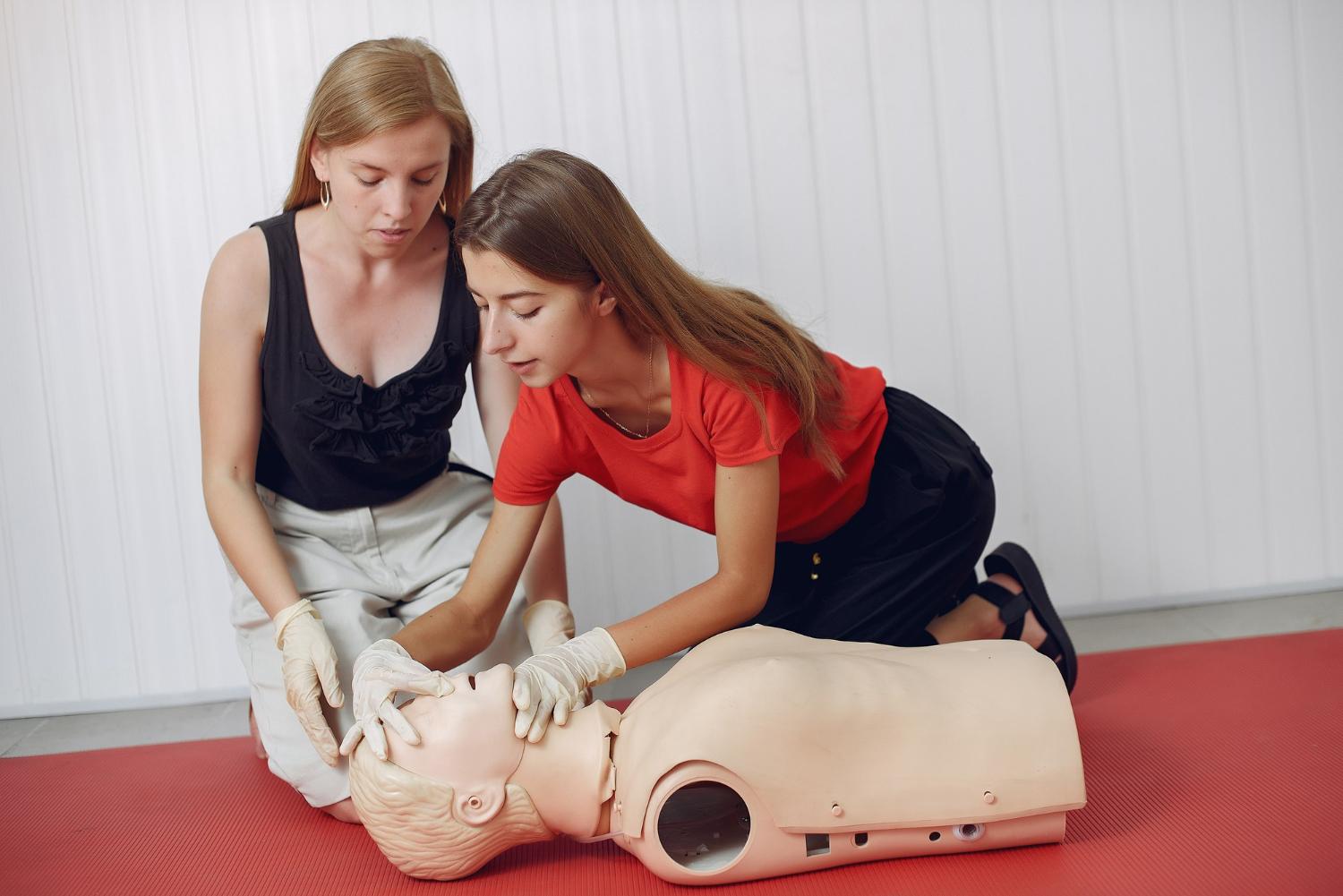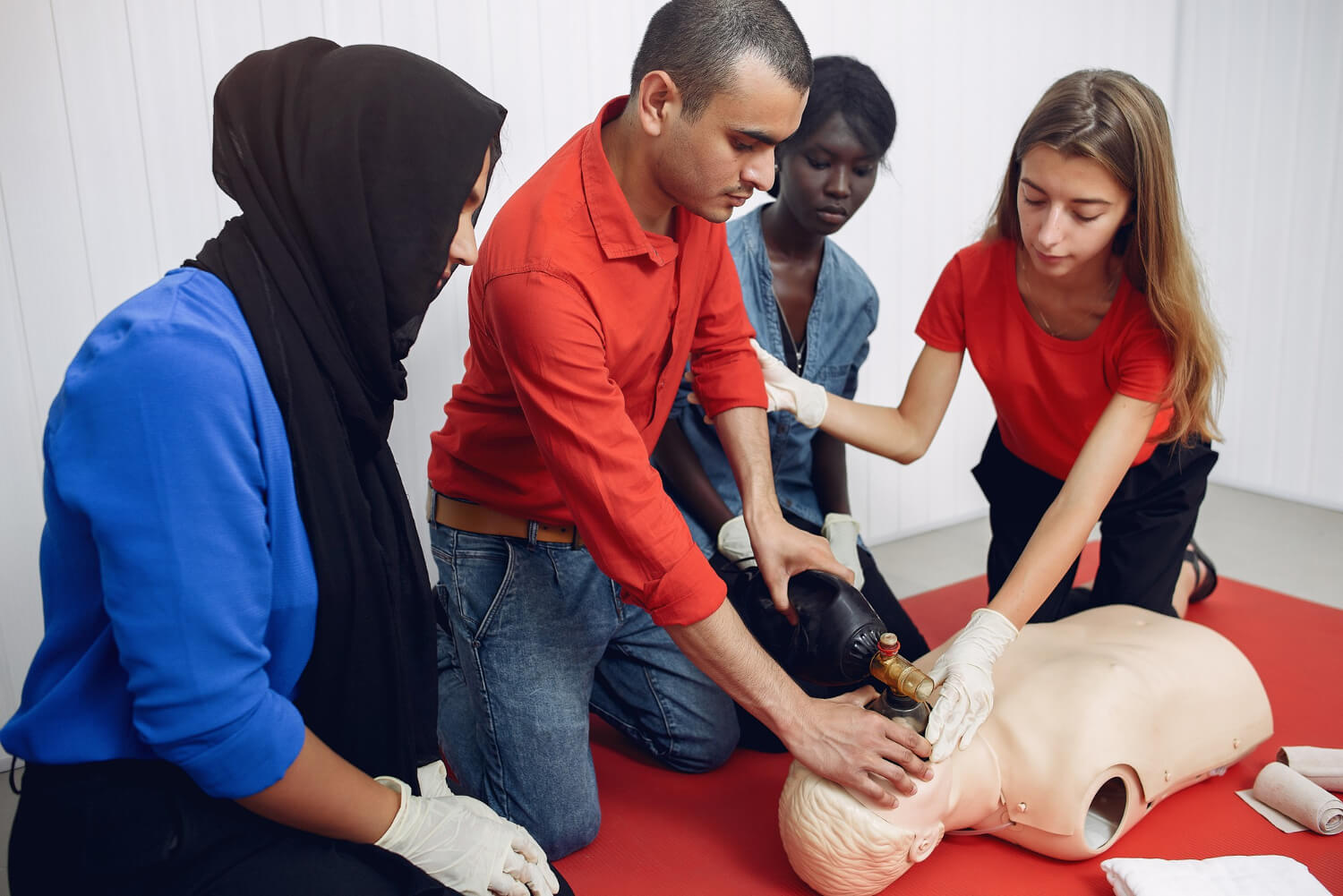How Much Does a CPR Certification Cost in Chicago, IL?
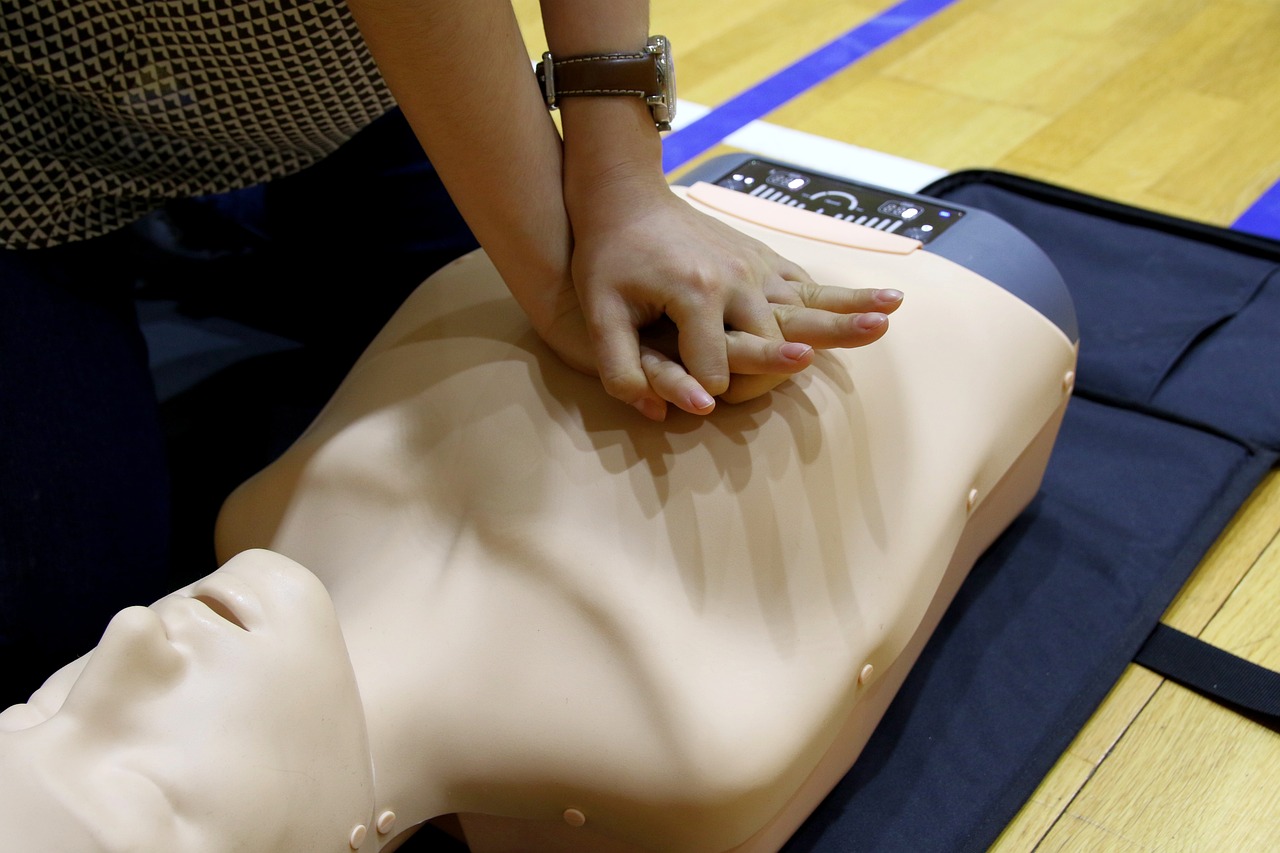
How Much Does a CPR Certification Cost in Chicago, IL?
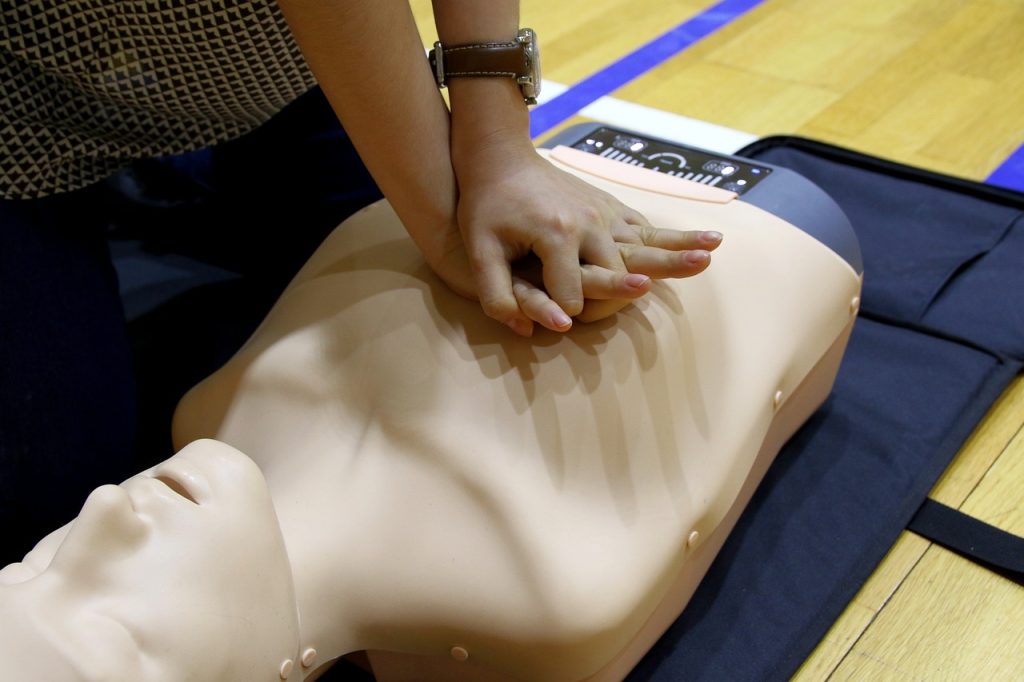
In Chicago, IL, the cost of obtaining a CPR certification can vary depending on the type of course and the provider. Understanding the expenses involved in becoming certified in CPR is essential for individuals and organizations looking to prioritize safety and preparedness. Let’s explore the factors that influence the cost of CPR certification in Chicago.
Understanding the Basics of CPR Certification
Cardiopulmonary resuscitation (CPR) certification is a vital skill that can save lives in emergency situations. Whether you are a healthcare professional, a teacher, a parent, or simply a concerned citizen, being trained in CPR can make a difference when every second counts. CPR certification is crucial for anyone wanting to respond effectively in emergencies. Basic life support training covers chest compressions, rescue breaths, and defibrillator use.
Proper technique is essential for increasing the chance of survival. Courses are available online and in-person through certified organizations. Renewal is typically required every two years to ensure skills are up to date. Remember, being certified in CPR can save a life when every second counts.
Factors Influencing CPR Certification Cost in Chicago, IL
When considering obtaining a CPR certification in Chicago, IL, several factors can influence the cost. These factors include the type of certification needed, the training provider, the duration of the course, and any additional materials required for training. Let’s explore the factors influencing CPR certification cost in Chicago.
1. Training Institution Reputation:
The reputation of the CPR training institution plays a crucial role in determining the certification cost. Established and renowned organizations may charge higher fees due to their experienced instructors, comprehensive curriculum, and state-of-the-art training facilities. While these institutions offer quality education, individuals might find slightly lower-cost options from reputable but lesser-known providers.
2. Type of CPR Certification:
CPR certification comes in various types, such as basic, advanced, and specialized courses like pediatric CPR. The complexity of the certification influences the cost. Basic CPR courses are usually more affordable, while advanced or specialized certifications may require additional training and resources, leading to a higher price tag.
3. Course Duration and Intensity:
The length and intensity of the CPR training program impact the overall cost. Shorter courses, often condensed into a day or a weekend, tend to be less expensive than more extended programs that span multiple weeks. Additionally, intensive courses with hands-on practice and simulation might come at a higher cost due to the resources involved.
4. Instructor-to-Student Ratio:
The ratio of instructors to students during CPR training can affect the cost. Smaller class sizes, allowing for more personalized attention and hands-on practice, may lead to higher fees. Conversely, larger classes with a higher student-to-instructor ratio may be more cost-effective but might compromise individualized learning experiences.
5. Certification Renewal Requirements:
CPR certifications typically need renewal every few years to ensure that individuals remain updated on the latest techniques and guidelines. Training institutions may bundle renewal fees into the initial certification cost or charge separately. Being aware of these renewal requirements can help individuals plan for future expenses.
6. Study Materials and Equipment:
The inclusion of study materials, such as textbooks, online resources, and training equipment, can impact the overall cost. High-quality study materials and access to modern training tools may contribute to a higher certification fee. Some institutions provide these materials as part of the course, while others may require additional purchases.
7. Location and Accessibility:
The geographical location of the CPR training center can influence pricing. Urban areas like Chicago may have higher living costs, affecting the overall cost of services, including CPR certification. Additionally, the accessibility of the training center, with considerations like parking and public transportation, may contribute to the total cost.
8.Government Regulations and Accreditation:
Compliance with government regulations and accreditation standards can affect the certification cost. Training institutions that invest in maintaining accreditation and staying updated with regulatory requirements may charge higher fees to cover these compliance-related expenses.
Average Cost of CPR Certification in Chicago, IL
Understanding the cost of CPR certification in Chicago involves considering several factors that influence pricing. CPR (Cardiopulmonary Resuscitation) certification is a crucial skill that can make a significant difference in emergencies. On average, the cost of obtaining a CPR certification in Chicago, IL ranges from $50 to $150.
Basic certification courses tend to be on the lower end of the price spectrum, while more advanced courses such as pediatric or healthcare provider CPR can cost more. Let’s delve into the potential costs associated with different types of CPR courses in the Chicago area.
Basic CPR/BLS Classes in Chicago:
A fundamental CPR/BLS class in Chicago typically costs between $60 and $80. This cost may fluctuate based on the inclusion of materials, the type of class, and the service provider. BLS, or Basic Life Support, is a crucial certification for emergency medical personnel, healthcare workers, and medical professionals. This class covers essential lifesaving skills, including responding to sudden cardiac arrest (SCA), heart attacks, strokes, CPR, and the use of an automated external defibrillator (AED).
CPR and First Aid Certification in Chicago:
The average cost typically falls within the range of $35 to $60. A CPR and First Aid certification class combines basic elements of first aid training with CPR skills. Participants learn how to respond to situations involving bleeding, broken bones, trauma, and other complex injuries. This certification is mandatory for firefighters, first responders, and healthcare workers.
Workplace CPR Certification in Chicago:
Average cost varies based on the training provider and the level of instruction offered. Employers in Chicago often encourage applicants to hold workplace CPR certification to align with OSHA’s workplace safety requirements. While not a legal obligation, many leaders in the Chicago business sphere understand the importance of CPR and encourage their employees to become certified.
The cost of CPR certification in Chicago varies depending on the type of class, the inclusion of materials, and the service provider. Prospective participants should consider their specific needs, the level of certification required, and the quality of instruction when selecting a CPR course. Investing in these life-saving skills is not only financially sensible but crucial for fostering a safer and more prepared community in Chicago.
Importance of Investing in CPR Certification
While the cost of CPR certification in Chicago, IL may seem like an additional expense, the value of being trained in CPR far outweighs the financial investment. In a life-threatening situation, having the knowledge and skills to perform CPR can mean the difference between life and death.
- Immediate Response in Emergencies: CPR certification equips individuals with the knowledge and skills needed to provide immediate assistance in critical situations such as cardiac arrest or respiratory failure. Acting promptly can significantly increase the chances of survival for the affected person.
- Community Safety Enhancement: By having more people CPR-certified within a community, the overall safety net expands. In densely populated areas like Chicago, having a significant number of individuals trained in CPR enhances the community’s ability to respond effectively to unforeseen medical emergencies.
- Workplace Preparedness: Workplace environments benefit from employees possessing CPR certification. Emergencies can occur anywhere, and having trained staff on-site ensures a quick and efficient response, potentially preventing severe consequences and creating a safer working environment.
- Personal Empowerment: CPR certification empowers individuals with the confidence to take control of emergency situations. Knowing how to perform CPR instills a sense of responsibility and preparedness, making people more capable and willing to assist others in need.
- Legal and Professional Requirements: In some professions, such as healthcare, emergency services, and childcare, holding CPR certification is a legal or professional requirement. Obtaining and maintaining certification ensures compliance with industry standards and regulations.
- Family and Home Safety: CPR training is valuable within family settings. Being CPR-certified means being prepared to respond to emergencies at home, safeguarding the well-being of family members and loved ones.
- Adaptability to Various Environments: CPR certification is adaptable to diverse settings, from public spaces to recreational areas. It prepares individuals to respond effectively in different scenarios, making them valuable assets in any environment.
- Building a Health-Conscious Culture: Investing in CPR certification contributes to building a culture of health and safety. Communities that prioritize CPR training foster an environment where individuals actively engage in practices that enhance overall well-being.
Empower Your Lifesaving Skills: CPR Certification at CPR Classes Near Me Chicago
Obtaining CPR certification goes beyond a mere accomplishment – it’s about fostering a community that prioritizes safety and well-being. With our professionally crafted CPR classes, you not only gain vital knowledge but also the confidence to act swiftly when it matters most.
What Sets Us Apart?
At CPR Classes Near Me Chicago, we understand the value of simplicity and professionalism. Our courses are designed with clear, easy-to-understand language, ensuring that participants from all walks of life can grasp the intricacies of CPR techniques. We take pride in providing a learning environment that is both accessible and conducive to your success.
- Expert Instruction: Our CPR classes are led by experienced and AHA certified instructors who bring a wealth of knowledge to guide you through the training process.
- Convenience: Located right here in Chicago, our classes are easily accessible, making it convenient for you to enhance your skill set without unnecessary hassle.
- Affordability: We believe in making CPR certification accessible to everyone. Our classes are priced competitively, offering value without compromising on quality.
Why Act Now?
Emergencies don’t wait, and neither should you. By enrolling in CPR Classes Near Me Chicago, you’re taking a proactive step towards creating a safer environment for yourself and those around you.
Conclusion
Obtaining a CPR certification in Chicago, IL is a valuable investment in your ability to respond effectively in an emergency. By understanding the factors that influence the cost of certification and exploring affordable training options, you can acquire this essential skill without breaking the bank. Prioritize your safety and that of others by becoming certified in CPR today.
About Author:
admin
Recent Posts
- CPR Certification for Travelers: Be Prepared to Save a Life on the Go
- Mastering BLS for Different Age Groups: Adults, Infants, and Children
- What Is the CPR Survival Rate for Individuals and How Can You Improve It?
- First Aid Phoenix Preparedness: Safely Exploring Outdoor Adventures in Phoenix, AZ
- Basic Life Support (BLS): What You Need to Know


